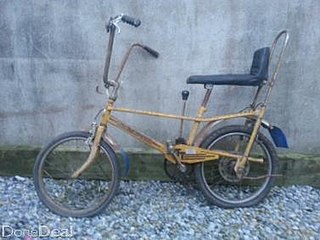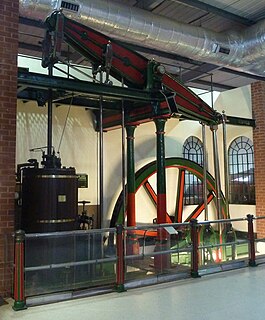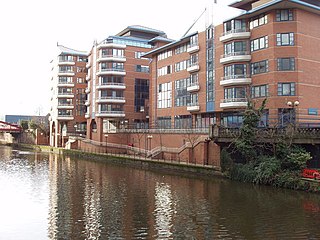Taylor & Hubbard was an engineering company founded in Leicester, specialising in the production of railway cranes. They later moving to Kent Street, Humberstone Road, Leicester, in approximately 1900 which gave them access to the railway siding. [1] The company was founded in 1896 and up to the 1960s made steam cranes for railway companies in both the UK and around the world, mainly in the British Empire. By the 1960s they were making diesel-electric cranes for British Railways and hydraulic cranes for the Admiralty. Their cranes were used on oil tankers, and they sold dockside cranes for the Thames Conservancy.

Leicester is a city and unitary authority area in the East Midlands of England, and the county town of Leicestershire. The city lies on the River Soar and close to the eastern end of the National Forest. It is to the north-east of Birmingham and Coventry, south of Nottingham, and west of Peterborough.

A steam crane is a crane powered by a steam engine. It may be fixed or mobile and, if mobile, it may run on rail tracks, caterpillar tracks, road wheels, or be mounted on a barge. It usually has a vertical boiler placed at the back so that the weight of the boiler counterbalances the weight of the jib and load.

The British Empire comprised the dominions, colonies, protectorates, mandates and other territories ruled or administered by the United Kingdom and its predecessor states. It originated with the overseas possessions and trading posts established by England between the late 16th and early 18th centuries. At its height, it was the largest empire in history and, for over a century, was the foremost global power. By 1913, the British Empire held sway over 412 million people, 23% of the world population at the time, and by 1920, it covered 35,500,000 km2 (13,700,000 sq mi), 24% of the Earth's total land area. As a result, its political, legal, linguistic and cultural legacy is widespread. At the peak of its power, the phrase "the empire on which the sun never sets" was often used to describe the British Empire, because its expanse around the globe meant that the sun was always shining on at least one of its territories.
Taylor & Hubbard were taken over in the early 1960s by F. H. Lloyd & Co., Ltd, and in the late 1960s or early 1970s the Leicester site was closed and the work moved to the West Midlands. [2] Early 70's? I visited the Taylor Hubbard foundry as a toolmaking apprentice in 1977

The West Midlands is a metropolitan county and combined authority area in western-central England with a 2014 estimated population of 2,808,356, making it the second most populous county in England after Greater London. It came into existence as a metropolitan county in 1974 after the passage of the Local Government Act 1972, formed from parts of Staffordshire, Worcestershire and Warwickshire. The county itself is a NUTS 2 region within the wider NUTS 1 region of the same name. The county consists of seven metropolitan boroughs: the City of Birmingham, the City of Coventry and the City of Wolverhampton, as well as the boroughs of Dudley, Sandwell, Solihull and Walsall.
Tim Bodington, a resident from Leicester reports the following information: "My grandfather William Cowell Taylor sold the company to F.H.Lloyd & Co in 1964. I remember well his telling me that the tax he paid was 19/11 on the last £ he earned so what was the point? He had employed 200 people and many of them were recent immigrants mainly from Mepore in Pakistan. I went round the works in 1963 and saw the steel parts being moulded in sand, the steel was handpoured. Grandfather made all of his model cranes in original Meccano models with wooden coverings and I still have some of those Meccano parts. W.C. Taylor died in February 1982." Tim Boddington 23022017.













